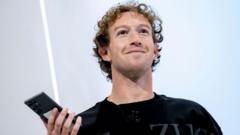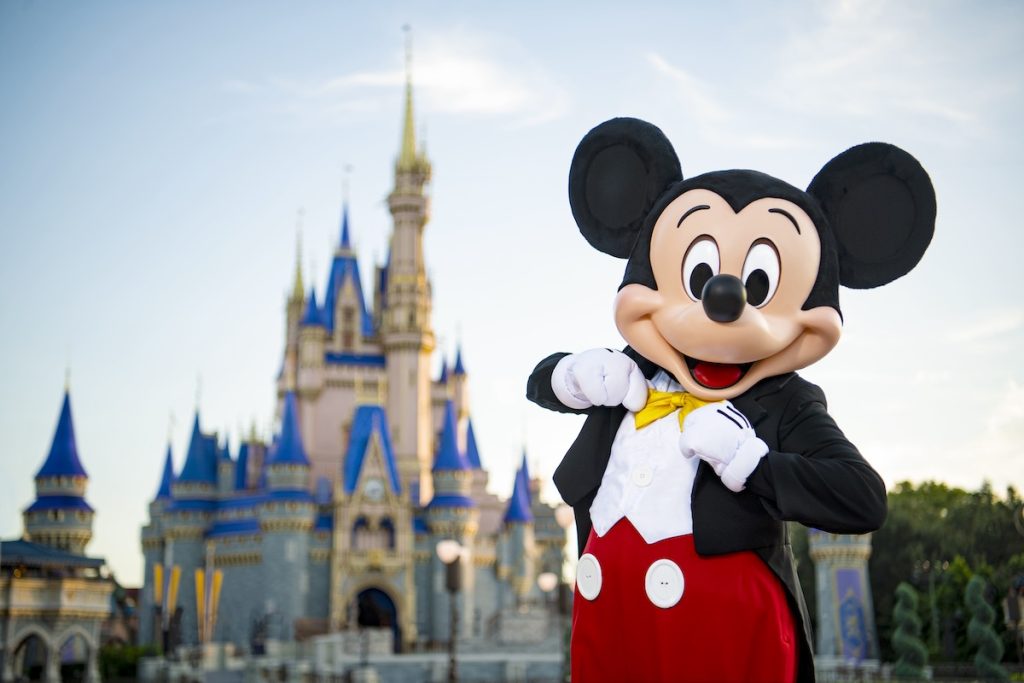In a memo first reported by Axios and confirmed by the BBC, Meta, the parent company of major social media platforms like Facebook and Instagram, communicated that it would no longer actively source diverse candidates from a targeted pool, citing a "shifting legal and policy landscape" influenced by recent Supreme Court rulings concerning race in educational admissions. The memo described the term "DEI" as increasingly "charged," suggesting the initiatives met with political contention may no longer be viable.
While aiming to attract a varied workforce, Meta noted that it would emphasize partnerships with small and medium-sized businesses over those designated as "diverse," and would replace its systemic equity and inclusion training programs with bias mitigation training accessible to all employees.
Similarly, Amazon's approach is shifting, as articulated in a December memo, which discussed the winding down of "outdated programs and materials" linked to representation and inclusivity, with a timeline to complete these transitions by the end of 2024. Amazon leader Candi Castleberry stated the organization intends to focus on implementing programs with proven outcomes that also cultivate a genuinely inclusive culture.
These changes are part of a wider movement, as notable companies like Walmart and McDonald's have also begun reevaluating their diversity commitments since the political landscape shifted following Donald Trump's reelection campaigns. The backlash against these corporate diversity initiatives has been fueled by claims from activists that such policies foster discrimination, evoking a wave of ideological resistance.
Meta's decision, however, has been met with divided reactions. While conservative activists have applauded the move, citing it as a victory against "woke" policies, advocacy groups like the Human Rights Campaign argue that workplace inclusivity directly correlates with talent retention and long-term business success.
This alteration in corporate practices follows intense scrutiny over companies' involvement in social issues, especially post the Black Lives Matter protests in 2020, signalling a cautious retreat into a less politically charged operational stance. Meta CEO Mark Zuckerberg has publicly expressed discomfort regarding the role of social media in moderating content deemed politically sensitive, amplifying a narrative seeking greater autonomy from governmental influence. As the corporate world navigates a complex political terrain, the future of diversity initiatives remains uncertain amidst these shifting dynamics.
While aiming to attract a varied workforce, Meta noted that it would emphasize partnerships with small and medium-sized businesses over those designated as "diverse," and would replace its systemic equity and inclusion training programs with bias mitigation training accessible to all employees.
Similarly, Amazon's approach is shifting, as articulated in a December memo, which discussed the winding down of "outdated programs and materials" linked to representation and inclusivity, with a timeline to complete these transitions by the end of 2024. Amazon leader Candi Castleberry stated the organization intends to focus on implementing programs with proven outcomes that also cultivate a genuinely inclusive culture.
These changes are part of a wider movement, as notable companies like Walmart and McDonald's have also begun reevaluating their diversity commitments since the political landscape shifted following Donald Trump's reelection campaigns. The backlash against these corporate diversity initiatives has been fueled by claims from activists that such policies foster discrimination, evoking a wave of ideological resistance.
Meta's decision, however, has been met with divided reactions. While conservative activists have applauded the move, citing it as a victory against "woke" policies, advocacy groups like the Human Rights Campaign argue that workplace inclusivity directly correlates with talent retention and long-term business success.
This alteration in corporate practices follows intense scrutiny over companies' involvement in social issues, especially post the Black Lives Matter protests in 2020, signalling a cautious retreat into a less politically charged operational stance. Meta CEO Mark Zuckerberg has publicly expressed discomfort regarding the role of social media in moderating content deemed politically sensitive, amplifying a narrative seeking greater autonomy from governmental influence. As the corporate world navigates a complex political terrain, the future of diversity initiatives remains uncertain amidst these shifting dynamics.

















